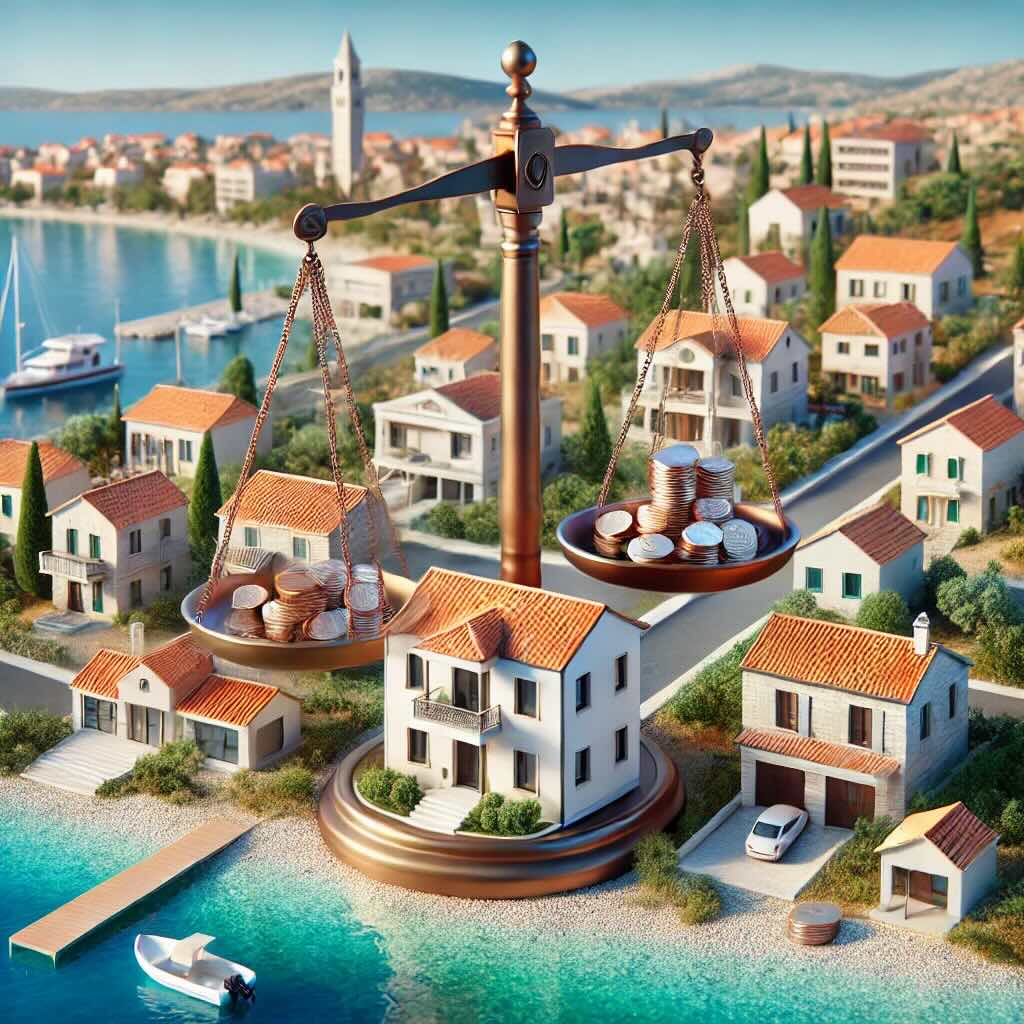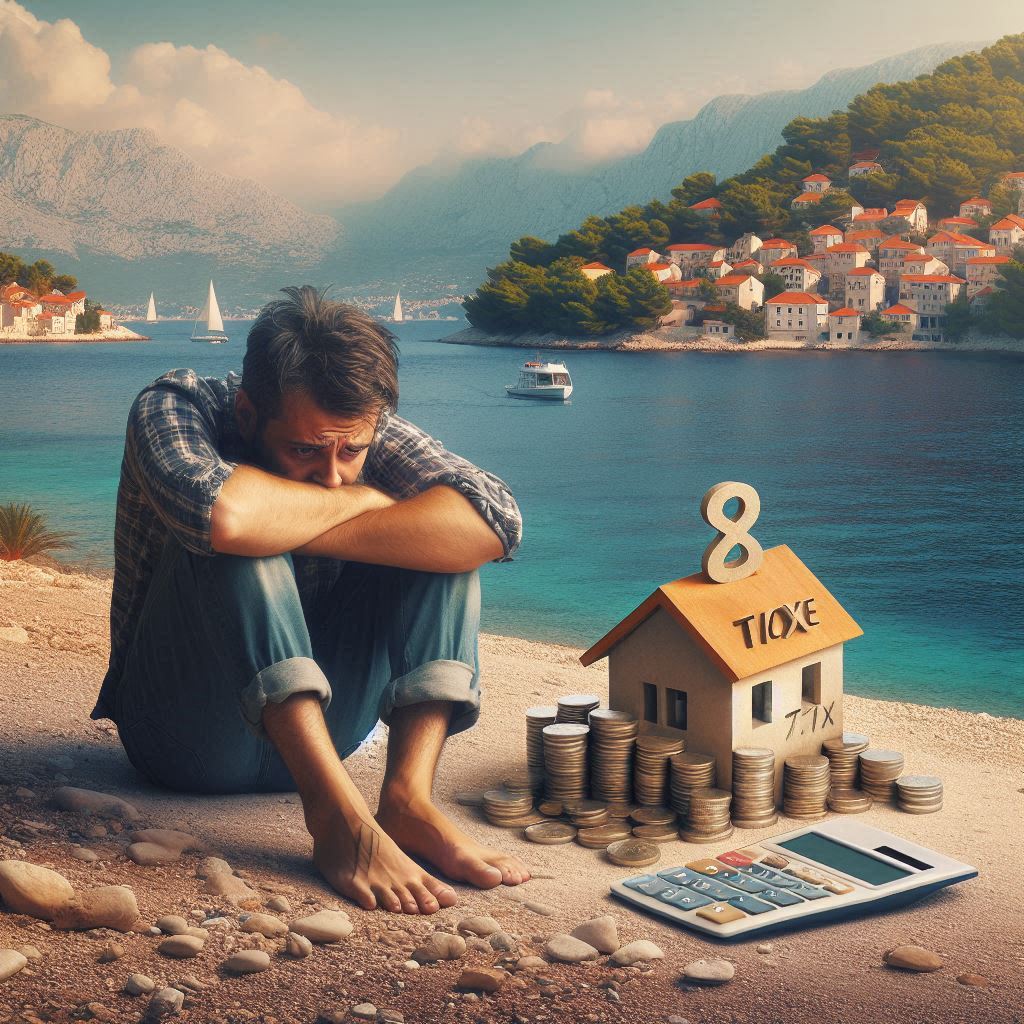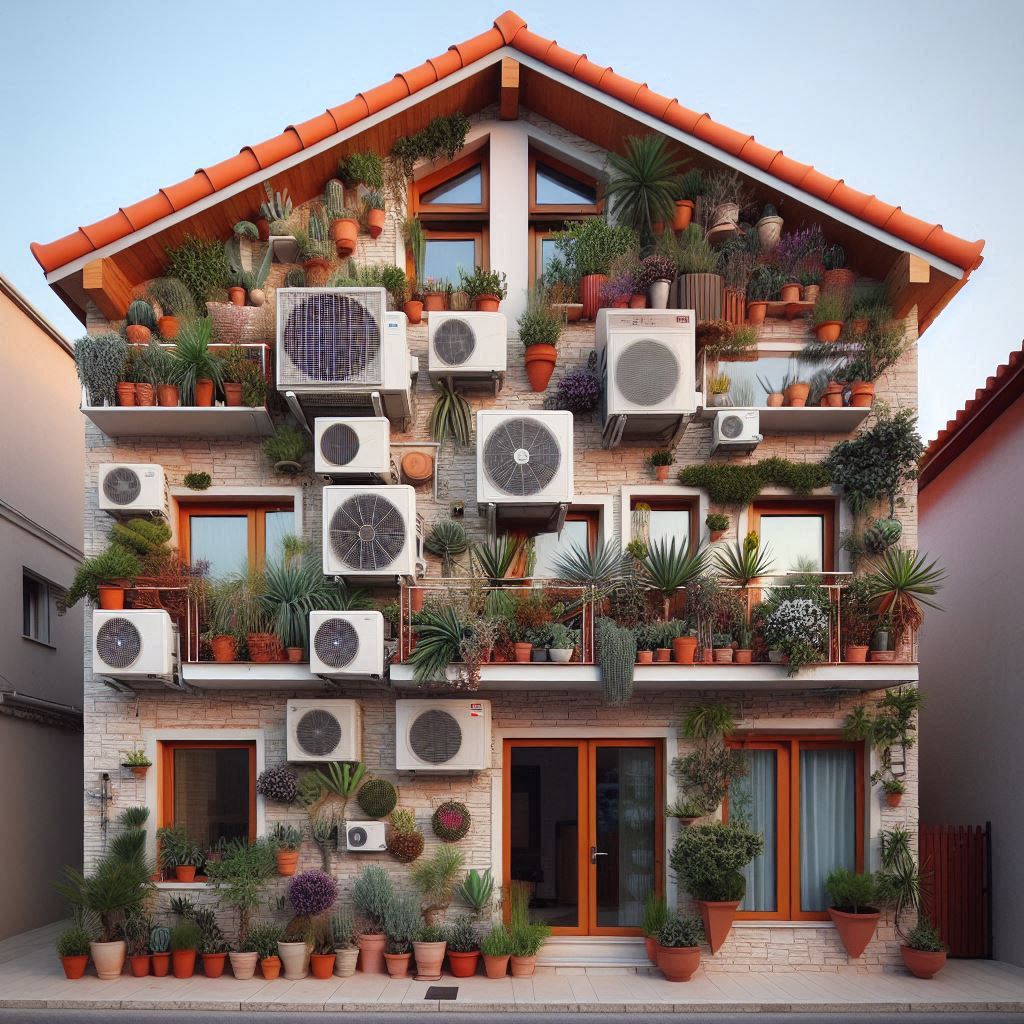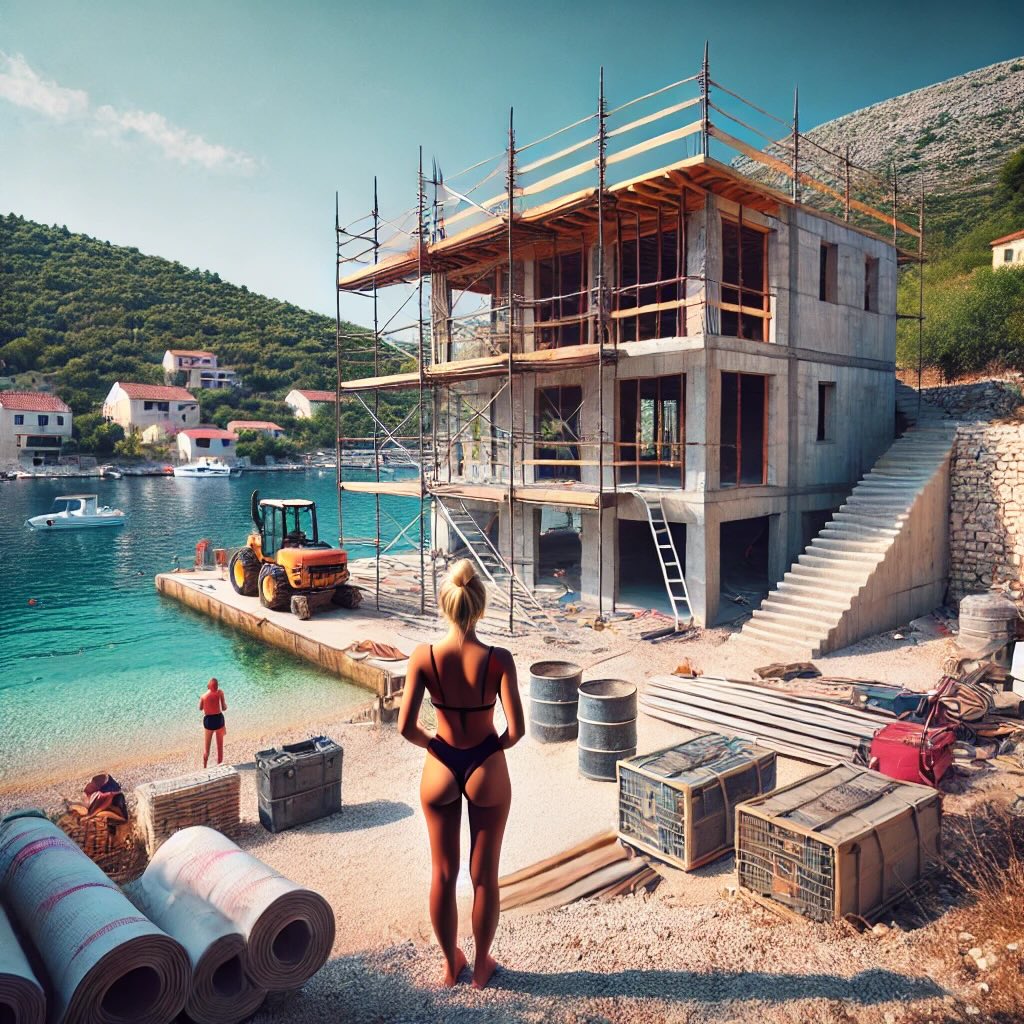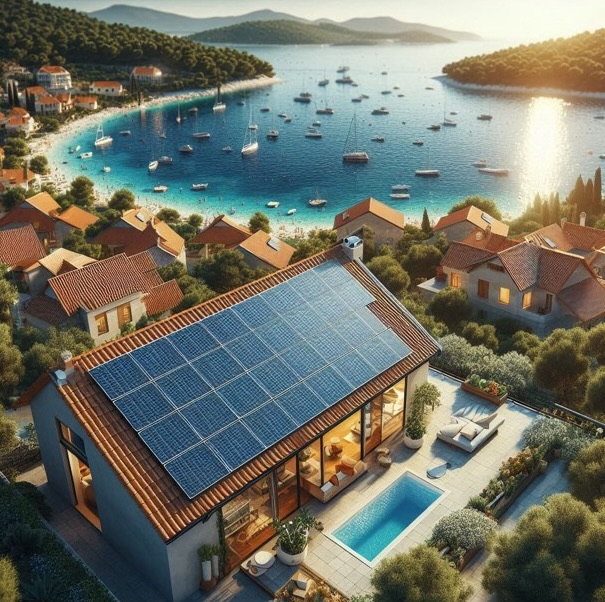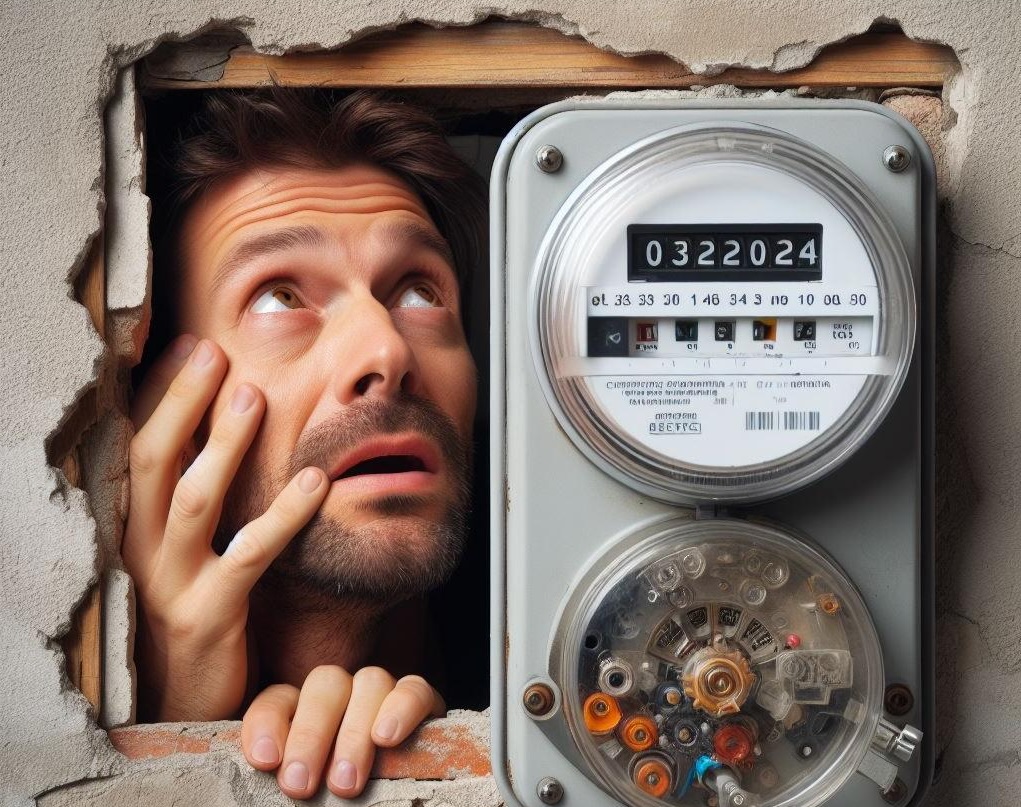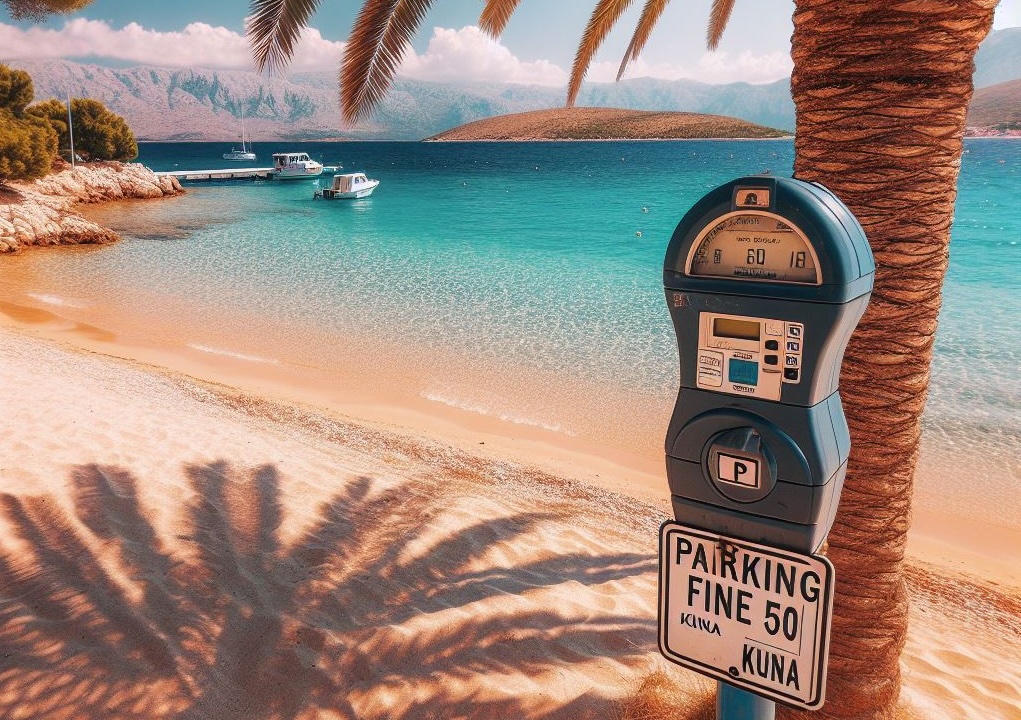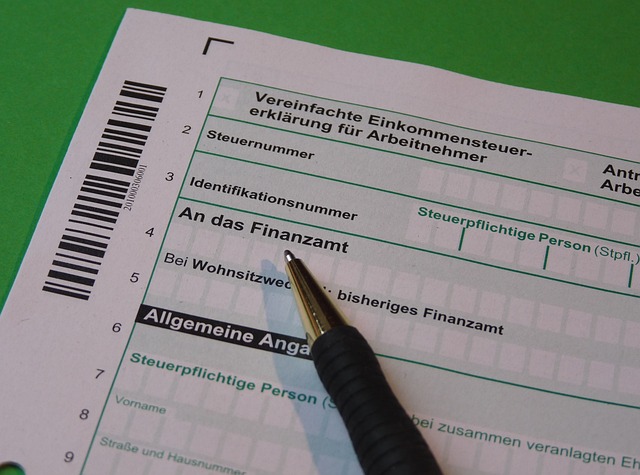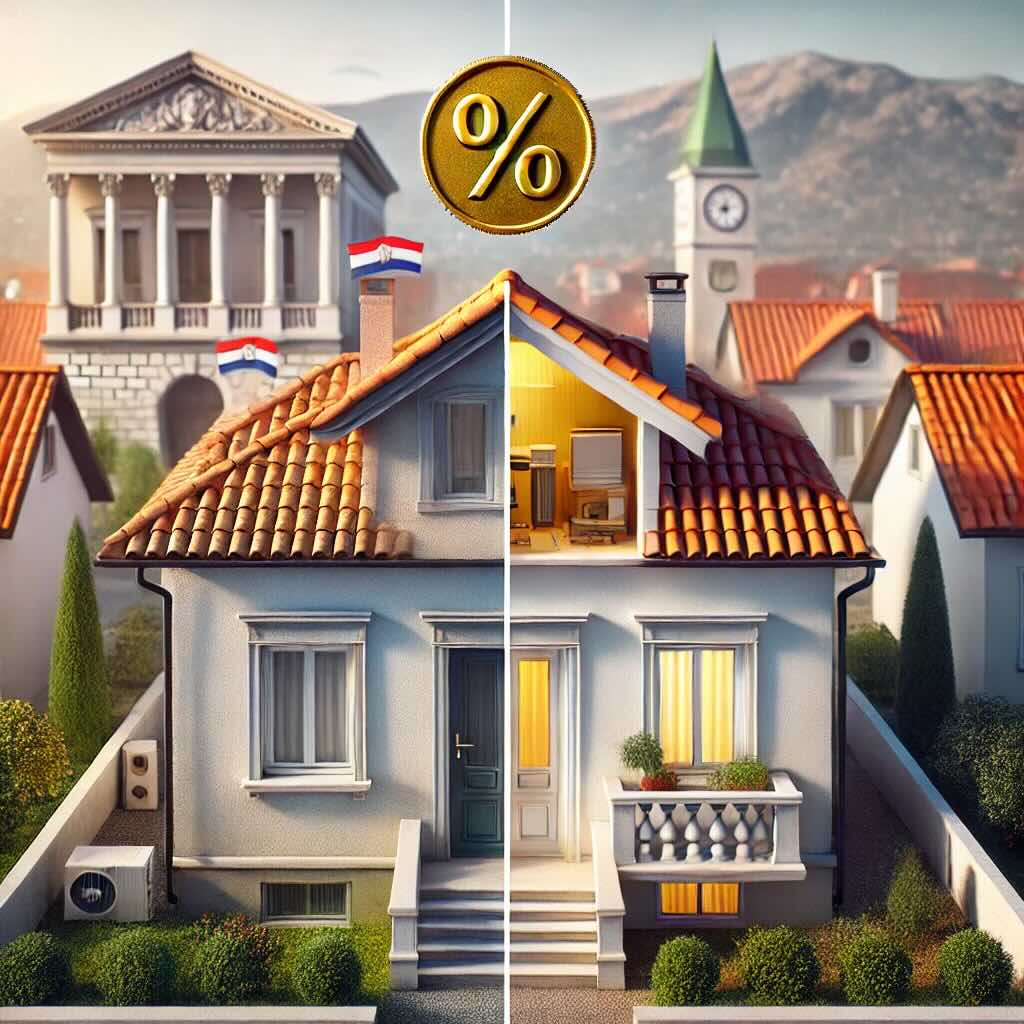
In a statement following the government session, Primorac said that the government had previously set a goal to increase the fairness of the tax system and gradually shift the tax burden from labor to assets, particularly real estate. This trend has already been supported by tax changes that came into effect earlier this year.
One of the steps taken was increasing the autonomy of local governments in setting the tax on recreational properties, with the maximum amount that can be taxed per square meter of such property being raised to five euros. More than 50 municipalities have set the tax at this maximum level. As Primorac had previously announced, the tax on recreational properties will be transformed by introducing a new property tax.
"I have previously stated that this tax needs to be transformed, both in terms of clearly defining its name and the tax base, meaning the scope of properties that will be taxed," said Primorac. The complete package of the new round of tax changes is set to be presented on Monday.
The proposal also includes partial adjustments to the range within which these properties can be taxed, by increasing both the upper and lower limits. Local governments will thus be obliged to impose this tax, whereas it was previously only an option.
The Biggest Impact on Short-Term Rentals for Tourists
The property tax will not apply to those who live in the property or those who rent it out long-term. "The proposal stipulates that the taxpayer and the subject of taxation will be determined in March of the given year, and those who have a long-term rental agreement and rent the property for at least ten months a year will not pay property tax," Primorac explained.On the other hand, those who rent out the property short-term or leave it vacant will be subject to the property tax. When asked by reporters how the state would monitor these situations, Primorac replied, "The state can monitor everything."
Primorac also announced an increase in the tax burden on short-term rentals in the tourist sector, which is currently paid as a flat amount per bed. According to Primorac, these amounts are "quite laughable" and have a negative impact on the real estate market and the economy as a whole.
He also noted that long-term rentals are taxed relatively mildly, but short-term rentals even less so. Therefore, the tax regime for long-term and short-term rentals should be unified. This will lead to a significant increase in the tax burden on short-term rentals, but it will still remain more favorable compared to other sources of income.
Primorac also raised the question of whether it is fair that income from different sources is taxed differently, particularly why rental income is taxed much more favorably than income from employment. "So why does someone who works and lives off their labor pay higher income tax than someone engaged in rental activities?" Primorac asked.
How Much Will the Property Tax Be?
According to unofficial information, the tax could range from 1 to 10 euros per square meter, with the amount of the tax being determined by the local government. So, for example, the owner of a 100 square meter house that is not occupied could pay between 100 and 1,000 euros annually, depending on the local government's decision.What Does the Government Aim to Achieve?
The government claims that this measure aims to bring hundreds of thousands of vacant apartments to the market. Whether this will succeed remains to be seen in practice. A case in point is the APN measure, which was supposed to support apartment purchases but actually led to a rise in prices.Deputy Prime Minister and Minister of Construction Branko Bačić is convinced that these measures will reduce rents and apartment prices. In Croatia, there are 2.38 million apartments, of which 958,000, or 40 percent, are not used for housing.
Bačić clarified that the tax would not be paid on properties where citizens reside as their permanent residence, nor on apartments under long-term rental agreements. However, it would apply to properties rented out short-term. He also noted that the tax would not be paid on properties that are unsuitable for housing, such as those lacking infrastructure.
















